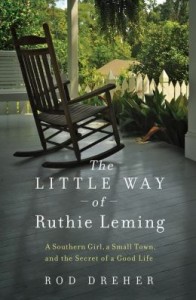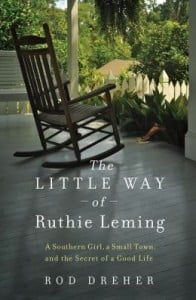“We shall not cease from exploration, and the end of all our exploring will be to arrive where we started and know the place for the first time.” – T. S. Eliot
Home. It’s a mythic notion. Two of the three great epics of the Greco-Roman world trade explicitly in its associations. Odysseus and Aeneas each journey homeward – the former back toward the home he left that yet remains, although not unchanged; the latter, his home destroyed, moves forward toward a home yet to be found. The Odyssey, then, is a story about those who have a home to go back to, and the Aeneid is a story for those who long for home but have no place that answers to the name.
And then there is the story of Cain in the book of Genesis. After Cain murdered his brother, he was condemned to be a wanderer, forever alienated from God and family. His plight presents itself as an allegory of the human condition. But then there was a twist. Cain, we are told, went on to build a city, he would not be a wanderer after all; and his descendants are reckoned the founders of agriculture, metallurgy, and the arts – in short, of human civilization. Out of the dissatisfactions of homelessness, we are led to conclude, flowed the great achievements of human culture. But the narrator has the last word. He tells us that Cain built his city in the land of Nod, a name that echoes the Hebrew word for wandering. It is a touch of literary artistry which poignantly suggests that, even when it is surrounded by the accouterments of civilization, the human soul wanders lost and alienated … homeless.
Reflections on the theme of home and homelessness are not the preoccupation of ancient writers alone. They persist because the condition with which they wrestle persists. Rod Dreher's The Little Way of Ruthie Leming, recently reviewed in these pages by Michael Reneau, admirably takes its place within this ancient literary tradition.
The book tells the story of Dreher's alienation from his family and hometown, his sister's battle with lung cancer, the love of the small town that rallied around his sister and her family, and, finally, Dreher's homecoming. It is a moving book, but it is not sentimental. It praises the virtues of community without being blind to its vices. It raises all sorts of terribly important questions – about place, identity, ambition, love, family, and more – that we should all consider with great seriousness. It deserves to be read widely, and I hope that it will be. And I hope that it generates conversation, discussion, and debate about the assumptions that order our lives.
My Home and Homelessness
Little Way led me to think again about my own identity.
Login to read more
Sign in or create a free account to access Subscriber-only content.
Topics:
